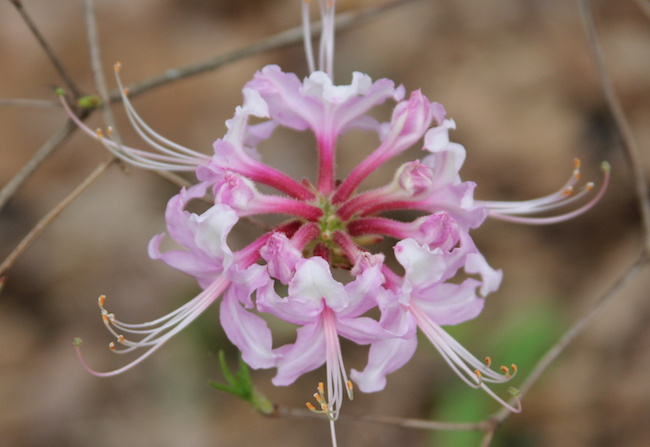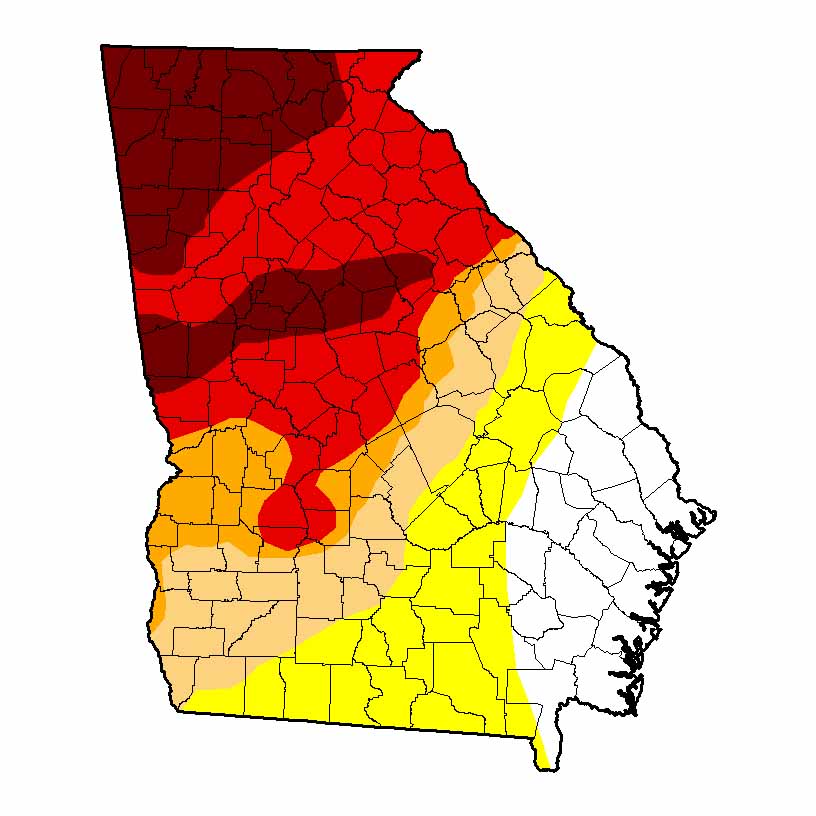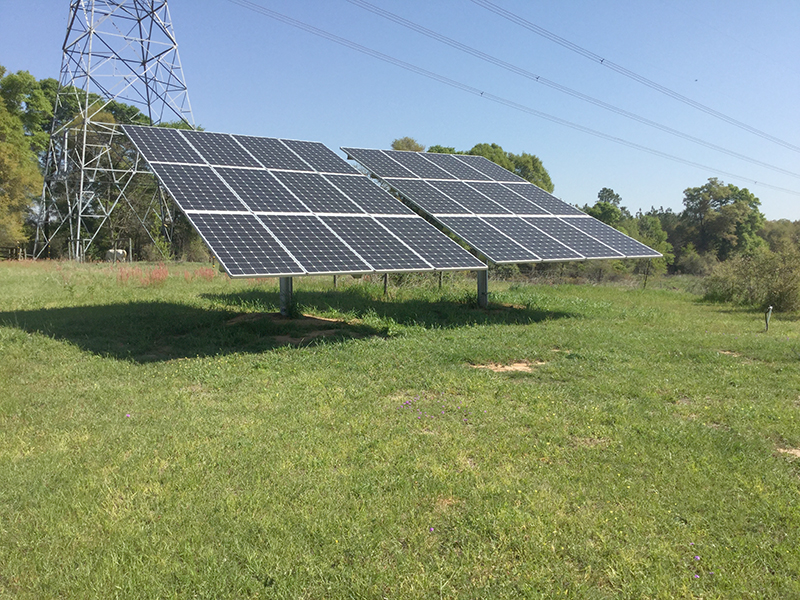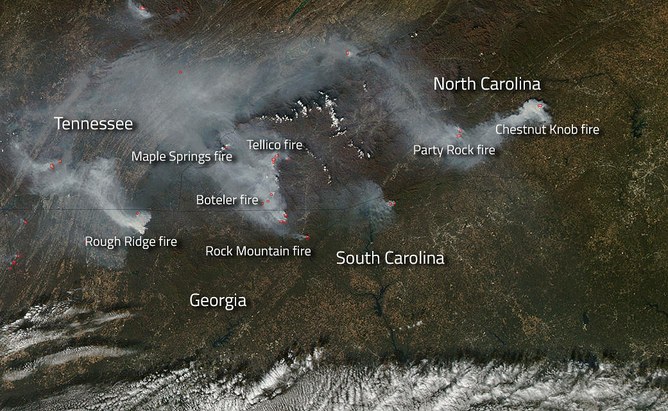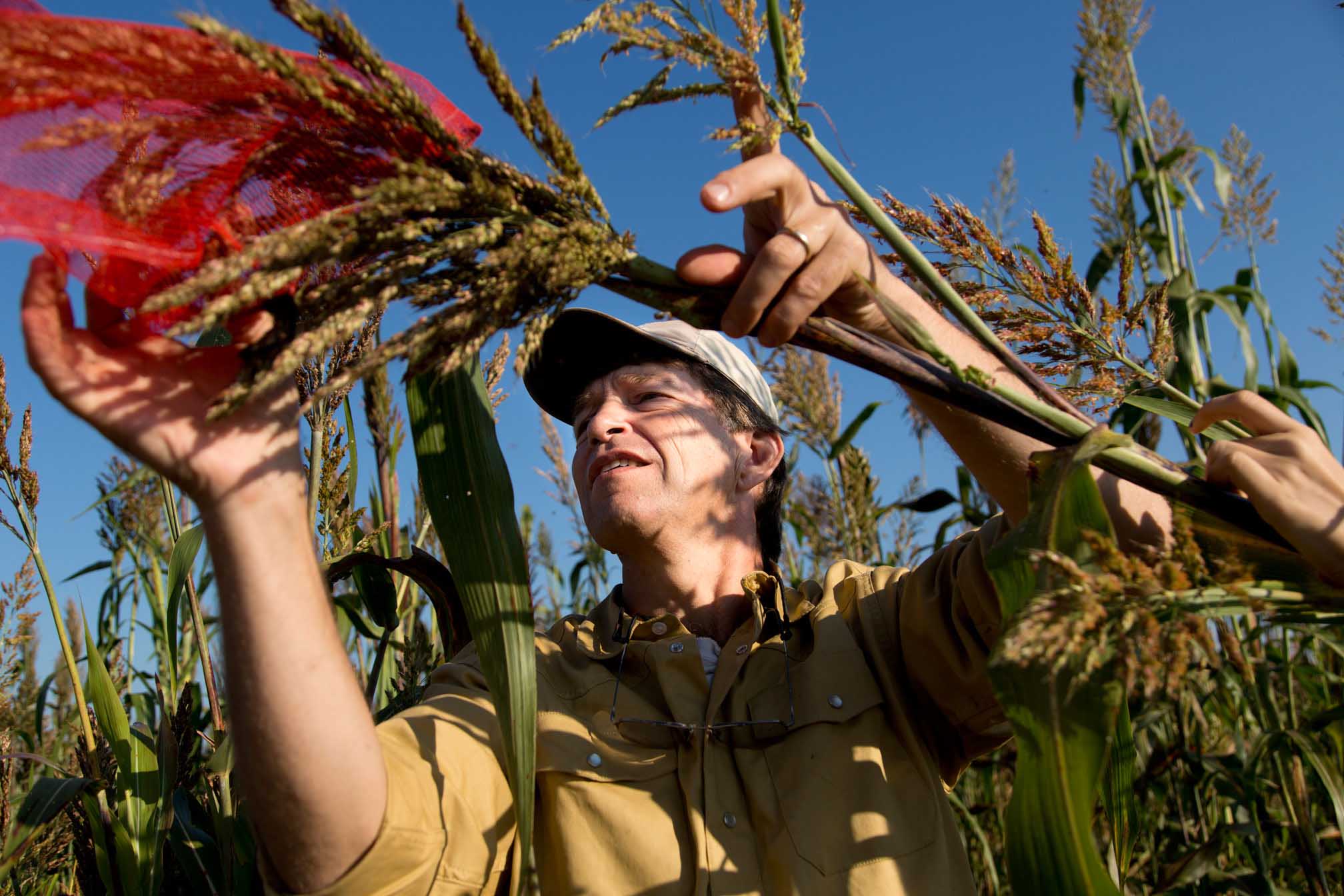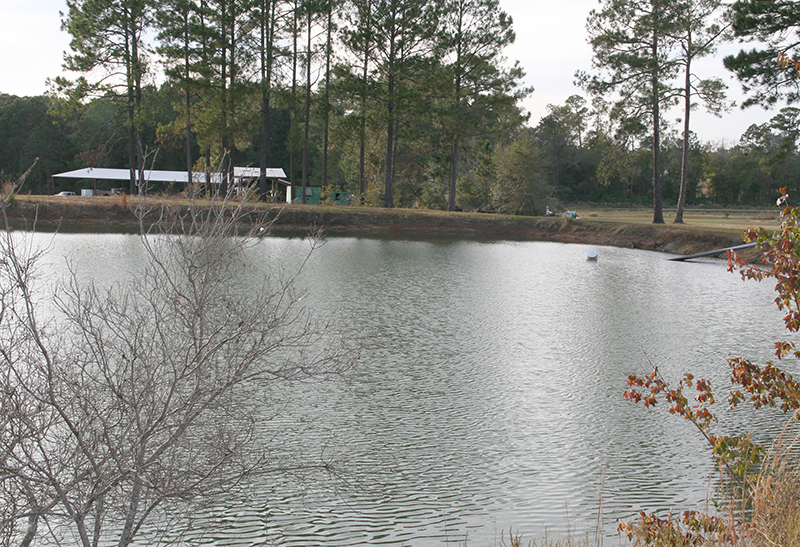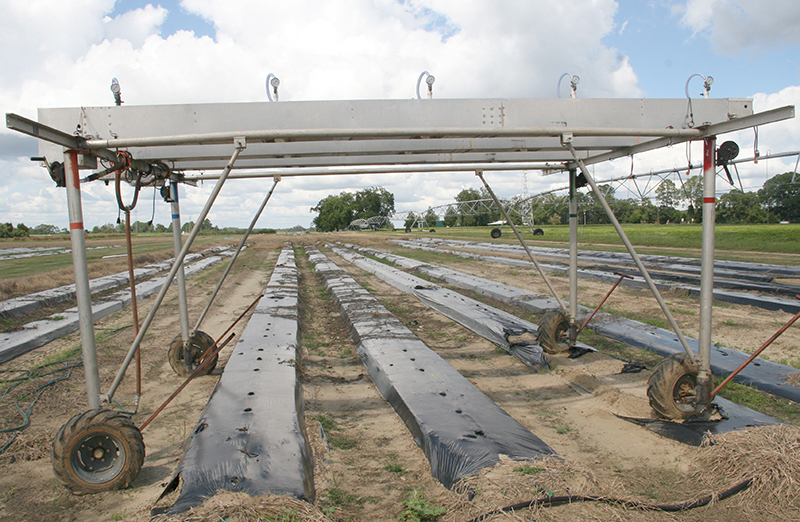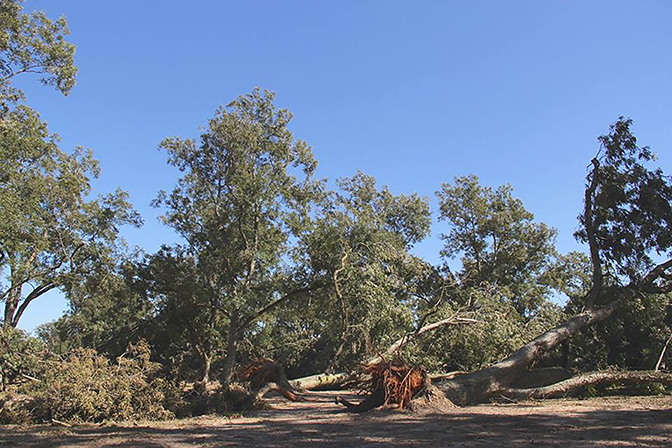Air Quality
The air quality in north Georgia has suffered over the past weeks due to several wildfires burning across the north Georgia mountains. While the smoke ebbs and flows depending on the direction of the wind, smoke is likely to be an issue for at least the next few weeks.

